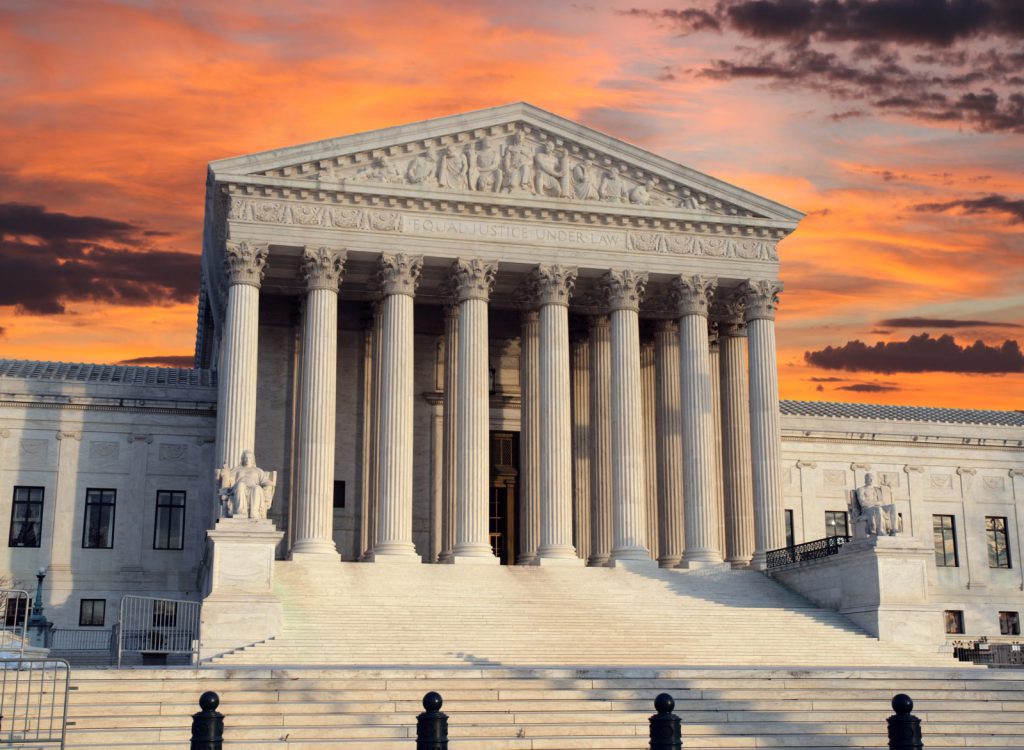
Published July 1, 2017
Donald Trump’s approval rating may be falling to record lows, but not among his backers. It doesn’t seem to matter what news comes out: turmoil among our allies, the Comey testimony, a dysfunctional White House. If you voted for Trump in November, polls show you are almost certain still to view him favorably. That is what is keeping him in power and out of danger of impeachment or a forced resignation.
This makes evangelical Christians incredibly important to him. The 2016 exit poll showed that he received a record high 81 percent of evangelical Christians’ votes, higher than Mitt Romney or even George W. Bush received. That in turn means that nearly half of his votes came from evangelicals. Lose them, and he begins to lose his grip on power.
Thus it was that in the midst of James Comey’s testimony in early June, President Trump made a scheduled speech to Ralph Reed’s evangelical-dominated Faith & Freedom Coalition conference. Telling attendees “we are under siege,” Trump promised to fight for religious freedom and immigration reduction and fight against Islamic terrorism. In short, he repledged his support for the evangelical community’s policy priorities.
It’s surely this siege mentality, the idea that any port is good in a storm, that accounts for the continued overwhelming support among evangelicals for the president. That drowns out the other news that in other times would surely have hurt the president among evangelicals.
Character used to be a big priority for evangelicals. Character concerns supposedly headlined their opposition to Bill Clinton and underlined their support for George W. Bush. As recently as 2011, only 30 percent of evangelicals said that a president who commits an immoral act in private life could fulfill his public commitments. By 2016, that number had risen to 72 percent.
These data suggest that character mattered until it didn’t. Which either means that character never really mattered at all, that it was always a cudgel to use in a partisan battle, or that the stakes are so high now that the faithful must look aside to obtain political salvation.
This tension will not go away for evangelicals during this presidency. Trump’s behavior in the Oval Office suggests that one will always question whether he tells the truth, that Trump will always treat subordinates in secretive and shockingly poor ways, that he will demand people give him their loyalty over fidelity to their conscience. The question evangelical Christians must ask is whether they are making the right choice.
Rumor has it that a second Supreme Court vacancy will open up after the current court term concludes in June. If true, whoever steps down is likely to be someone who has sided with court liberals on abortion or marriage issues in the recent past. Trump’s appointment of Neil Gorsuch met with strong acclaim, but was safely made in the knowledge that it would not change the court’s direction, since Gorsuch was replacing the late Justice Antonin Scalia. The next appointment will likely matter a lot.
Evangelicals will then see whether a man who tells them he loves them will remain committed when the storm hits. A port is only safe in a storm if the harbormaster keeps the ships tightly tied to the dock. Pray Trump doesn’t set them loose.
—Henry Olsen is a senior fellow at the Ethics and Public Policy Center








